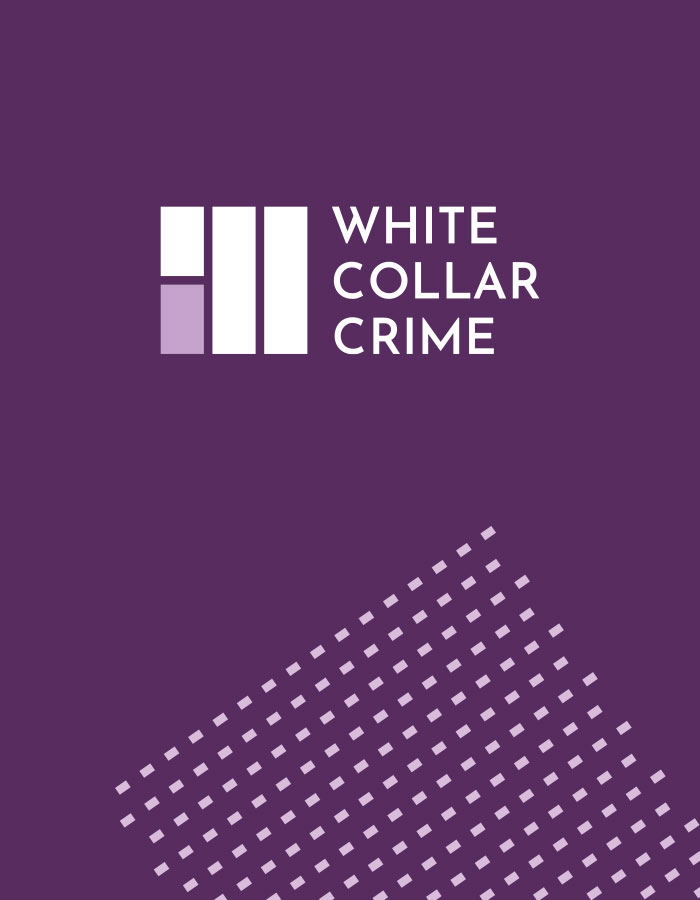Speed read: The recent case of R v Roth [2020] EWCA Crim 967 confirmed that when assessing a defendant’s criminal benefit in regulatory cases, the Court must consider the underlying legislation or regulation that captured the criminal conduct. Despite being grouped by some as ‘regulatory offences,’ regulatory cases should be handled individually. This piece reviews the importance of correctly identifying a defendant’s criminal conduct and areas to consider when assessing their criminal benefit.
What is Confiscation and Criminal Benefit?
Part 2 of the Proceeds of Crime Act 2002 (POCA 2002) allows the Court to confiscate criminal proceeds from a defendant. The purpose of confiscation is to deprive a defendant of the benefit of his criminal conduct. The proceedings take place after a conviction or guilty plea and are limited to the conduct captured in the plea or conviction.
A defendant’s criminal benefit is what he has gained from the established criminal conduct. Section 76(4) POCA 2002 outlines that a defendant ‘benefits from [criminal] conduct if he obtains property as a result of or in connection with the conduct.’ Therefore, the prosecution must prove that the criminal benefit flows directly from the conduct. This principle is also known as causation. If the prosecution cannot prove causation, then the application for confiscation will fail.
Regulatory Cases Generally
Regulatory cases involve offences arising from a breach of a statute or regulation, which are prosecuted in the criminal courts.
The offences do not arise out of a single statute, but instead, individual laws with specific elements that amount to a criminal offence. Examples include certain breaches of housing or planning legislation, which give rise to criminal penalties.
Identifying the Criminal Conduct in Regulatory Cases
During confiscation proceedings for regulatory cases, correctly identifying the criminal conduct is a critical step. Without the ability to pinpoint the criminal conduct, it is difficult to solve any issues related to causation when assessing the criminal benefit.
The case of Sumal and Sons Properties Ltd v London Borough of Newham [2012] EWCA Crim 1840 involved an appeal against a confiscation order for rental income obtained whilst the Appellant was operating without a license. The Court of Appeal quashed the confiscation order. The Housing Act 2004 expressly protected the unlicensed landlord’s ability to collect rent. The criminal conduct was limited to the failure to obtain a license and could not extend to the collection of rental income.
However, each case will turn on its law, and all regulatory cases will not have the same outcome as Sumal. In R v Roth, the Appellant collected rent whilst in breach of an enforcement order under the Town and Country Act 1990. It was submitted that his criminal conduct was limited to the breach of the order. The Court of Appeal refused this argument. It concluded that the breach of the order was the criminal conduct and crucially, everything earned after the breach constituted a criminal benefit. Sumal could not be applied because it involved a different statute and did not include a breach of an enforcement order.
Similarly, it is not enough to place before the Court two cases involving the same law and expect the same outcome. For example, in the unreported case of Brent Council v Shah and Others, unreported 29 January 2018 (Crown Ct (Harrow)), the Council successfully confiscated rental proceeds obtained by unlicensed landlords. The case was distinguished from Sumal because the landlords were not only unlicensed but also providing substandard housing with ‘appalling’ conditions and overcrowding in breach of the Housing Act 2004.
Causation and Criminal Benefit
Determining causation requires a careful assessment of the underlying law and a comprehensive understanding of criminal conduct. The defendant may not have any criminal benefit directly flowing from their conduct due to the nature of the breach. Alternatively, the benefit might be lawful and protected from confiscation proceedings. Causation should not be viewed as an afterthought when assessing a defendant’s criminal benefit. It is a fundamental part of confiscation proceedings, which can make or break an application.
The Court of Appeal in R v Bajaj [2020] EWCA Crim 1111, reiterated the importance of causation. The prosecution opted to calculate the criminal benefit for a Housing Act 2004 breach, based on the money the respondent allegedly saved through his criminal conduct. The position was novel, and the prosecution failed to clearly outline the amount pursued and how it connected to the criminal conduct. The respondent was in breach of the Act for providing poor living conditions and allowing more than the maximum of eight people to live in a residence. The prosecution contended that the criminal benefit to the respondent was the cost, calculated at circa £14,000, he had saved by not providing safe and suitable housing for the excess occupants. The Court of Appeal noted that this was ‘on any view, a highly complex (as well as indirect) approach‘ and that the benefit was not attributed to the funds received by the rental income for the property. The usual practice would have been to apply for the rental income obtained from the breach. Instead, the Court had to assess the benefit with ill-defined and indirect causation. The Court refused the prosecution’s application for leave to appeal and did not change the confiscation order, which limited the criminal conduct to one-day and the benefit to £200. The Court stated that the case
“operates as a reminder of the necessity for drafting the relevant charges appropriately and as a salutary warning as to the potential consequences if they are not.”[1]
Additionally, there may be issues related to the involvement of other legal persons, such as companies, which are relevant to the proceedings. If a company is involved, questions could arise regarding whether it is a party to the proceedings, or if the Court will lift the corporate veil. In R v Sale [2014] EWCA Crim 1306, the Court upheld lifting the corporate veil for a company that participated in the unlawful actions of its sole director. However, before pursuing a company for a confiscation order, the prosecution must bring criminal charges against it.[2]
Conclusion
Assessing the criminal benefit in regulatory cases requires a bespoke approach. Cases such as Roth remind practitioners to take a careful look at the underlying law and how it applies to their case, before immediately applying previous authorities. Since each regulatory case will arise from a specific statute or regulation, it is best to take each one afresh and avoid leaning too heavily on precedent when assessing the criminal benefit in confiscation proceedings.
[1] R v Bajaj [2020] EWCA Crim 1111 paragraph 39
[2] Crown Prosecution Service v Aquila Advisory Limited [2019] EWCA Civ 588, see Rachel Clark, ‘Confiscating from corporates,’ 17 October 2019







